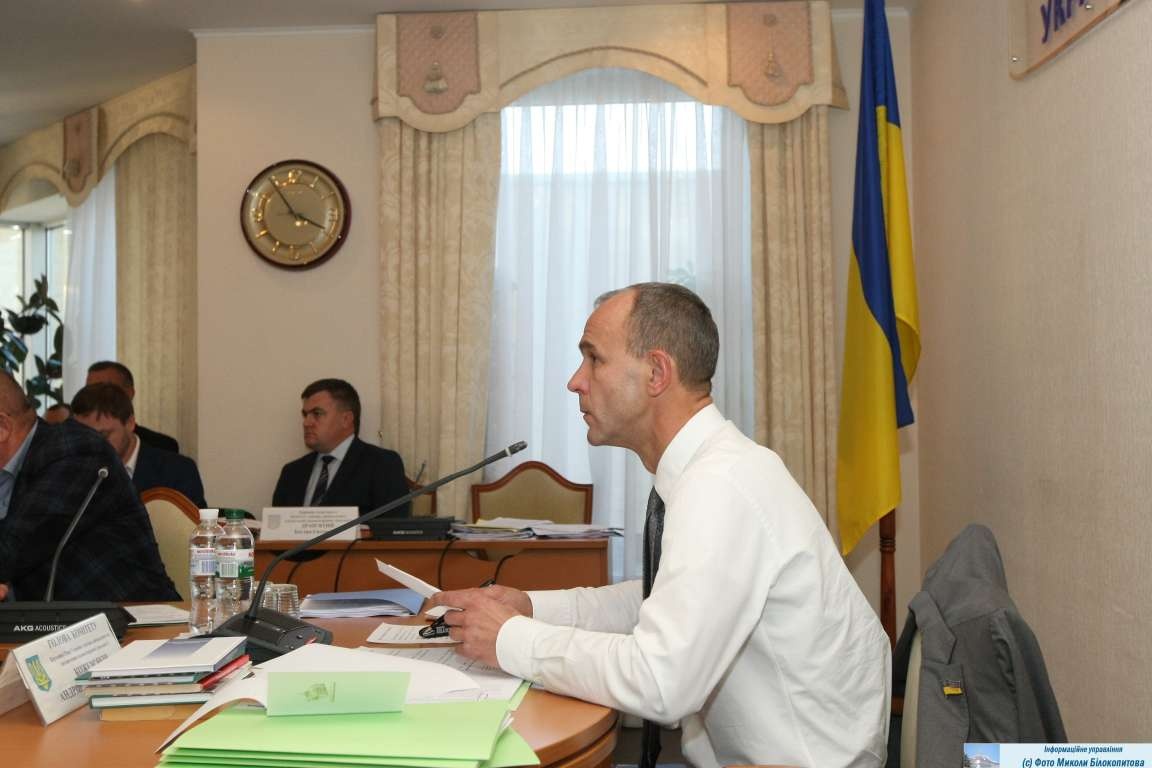

At the meeting on October 17, the Committee for Legislative Support of Law Enforcement tried to remedy the adoption of the infamous “Lozovyi’s Amendments,” which came into effect on March 15. Among other things, these amendments changed the procedure of expect activity as part of the judicial process. Unfortunately, the Committee, led by Andrii Kozhemiakin, failed to support the amendments proposed by MP Mustafa Nayem, which were positively assessed by civil society representatives (including Transparency International Ukraine). Most controversial moments remained unchanged, since they were not supported by MPs.
Anton Herashchenko and Dmytro Bilotserkovets registered their draft law with amendments – No. 8336. According to one of the authors, the main objective of the draft law was to accelerate the expert review and protect experts from blackmail and pressure by law enforcement authorities.
The draft law also stipulated creation of the Unified State Register of Court Expert Reviews and Studies.
Exclusion of Register as Data Protection
Following a debate, the idea of a unified register was excluded from the draft law.
This decision is unequivocally positive. Creation of a database with a large amount of information on expert reviews created a risk of a data leak.
Unfortunately, this is as much as can be said about the positive outcomes of the Committee’s activity.
Creation of a database with a large amount of information on expert reviews created a risk of a data leak.
Monopoly of State Where It Is Powerless
MPs spoke almost unanimously against abolishing monopoly of the state for expert reviews. It means that they will still only be performed by governmental expert institutions.
When private experts are blocked from the process, it often takes over a year to receive any conclusions, which is already happening today, since public institutions have too many requests to process.
The situation primarily influences the quality of investigations. Authorities have more opportunities to pressure experts.
The obligation of parties to a criminal proceeding to use only state-owned forensic institutions significantly restricts the options for citizens who wish to protect their rights within the law.
When private experts are blocked from the process, it often takes over a year to receive any conclusions, which is already happening today, since public institutions have too many requests to process.
Court Appointment as Prompt for Offenders
MPs are also suggesting that forensic reviews should only be appointed by a court decision, for instance, in high-level corruption cases. It applies to economic, handwriting and linguistic forensic review, forensic video and audio analysis, and trade analysis.
Court appointment means de-facto establishment of control over these reviews.
It can have a significant influence on the investigation, since court decisions must be registered in the Unified State Register of Court Decisions.
Even if the names are removed, the data from the Register enables the interested parties to obtain information which helps them to identify where the investigation is heading and figure out which state-owned institution will be tasked with the forensic review.
Parliament as Last Hope
Now, draft law No. 8336 goes to the Parliament to be reviewed in the second reading, including the controversial provisions listed above.
Forensic reviews play a highly important role in corruption-related cases. The conclusions drawn by forensic experts have a direct influence on the process of investigation and the punishment for high-level corruption.
That is why forensic expert must work independently and professionally, which is not fully provided under the current legislation.
Court appointment means de-facto establishment of control over forensic reviews.







